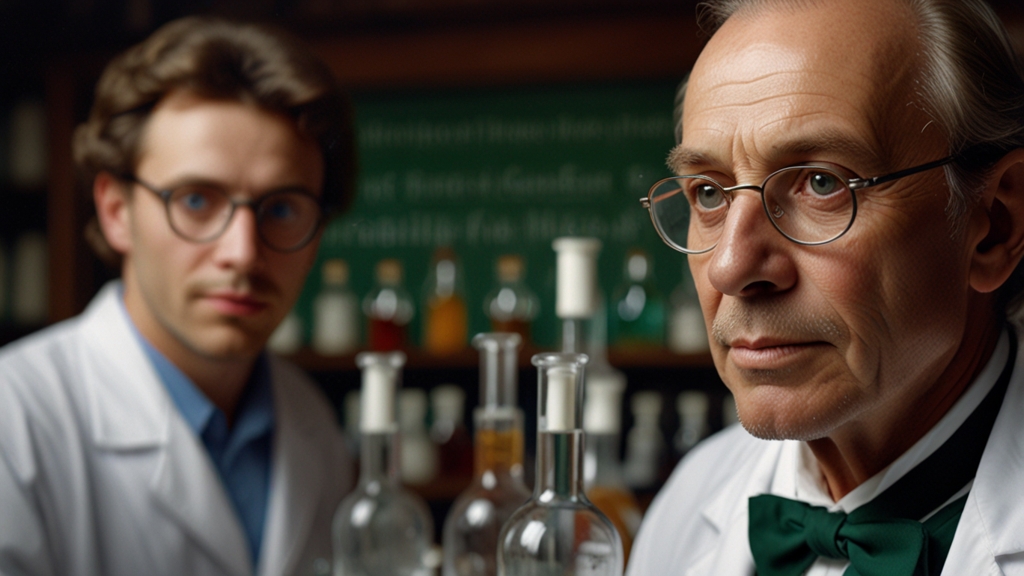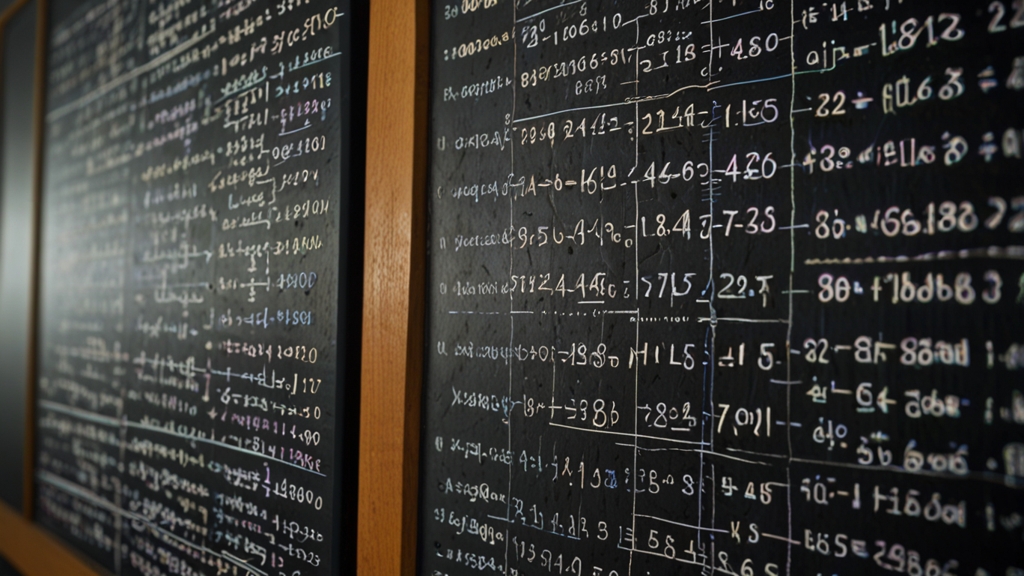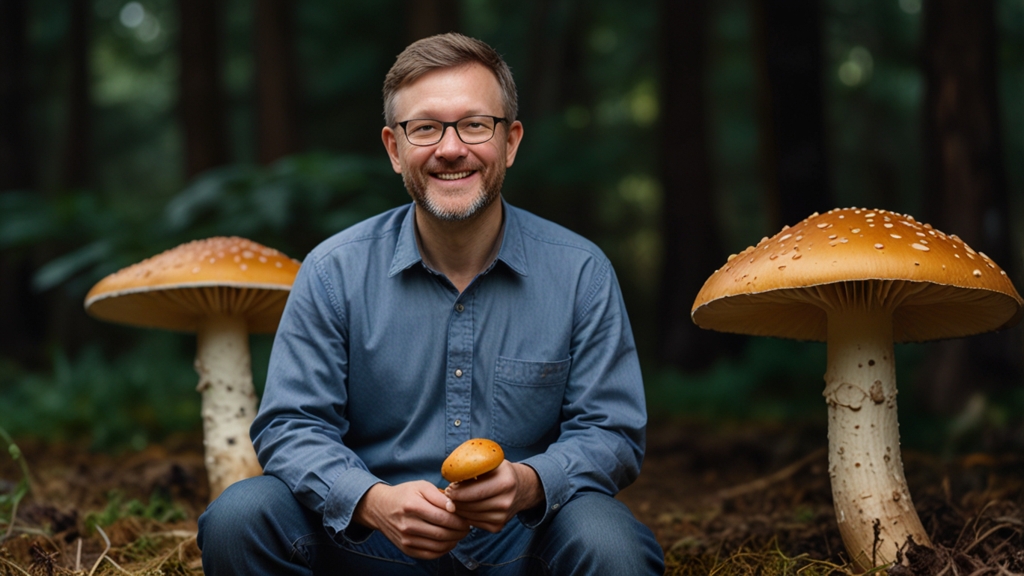Famous Chemists Who Changed the World Forever
Chemistry, often dubbed the "central science," connects physical sciences with life sciences and applied sciences. Throughout history, certain chemists have made groundbreaking discoveries that have indelibly shifted our understanding of the world and revolutionized various industries. Here, we celebrate some of these remarkable individuals whose contributions have left a lasting legacy.
Marie Curie: The Pioneer of Radioactivity
Marie Curie, the first woman to win a Nobel Prize and the only person to win Nobel Prizes in two different sciences (Physics and Chemistry), fundamentally changed our understanding of radioactivity. Born in Poland in 1867, Curie moved to France where she conducted groundbreaking research with her husband, Pierre Curie. They discovered two elements: polonium and radium.
“Nothing in life is to be feared, it is only to be understood. Now is the time to understand more, so that we may fear less.” – Marie Curie
Curie's unwavering dedication to her work not only led to the development of X-ray machines but also laid the groundwork for cancer treatments and advanced nuclear power production.
Dmitri Mendeleev: The Architect of the Periodic Table
Dmitri Mendeleev, a Russian chemist born in 1834, revolutionized chemistry with his creation of the Periodic Table of Elements. He devised the table to organize elements by their atomic weights and properties, leaving spaces for elements yet to be discovered. His predictions were so accurate that subsequent discoveries fitted perfectly into his framework.
“There is nothing in this world that I fear to say.” – Dmitri Mendeleev
Mendeleev’s Periodic Table has since become a cornerstone of chemistry, underpinning the organization of chemical knowledge and aiding in the development of new elements and materials.
Linus Pauling: The Master of Chemical Bonding and Molecular Biology
Linus Pauling, an American chemist born in 1901, made monumental strides in our understanding of chemical bonds and molecular biology. His book, "The Nature of the Chemical Bond," is considered one of the most important chemistry books ever published. Pauling’s research extended into the field of molecular biology, significantly advancing our understanding of protein structures.
Pauling was also a strong advocate for peace, winning the Nobel Peace Prize in 1962 for his efforts to ban nuclear weapons testing. His dual interests in scientific inquiry and humanitarian efforts underscore his profound impact on both science and society.
Rosalind Franklin: The Unsung Hero of DNA
Although Rosalind Franklin's contributions were unappreciated during her lifetime, her work has since been recognized as critical to the discovery of DNA’s double-helix structure. Born in England in 1920, Franklin was a proficient crystallographer who captured the famous X-ray diffraction image known as "Photo 51."
This image was instrumental for James Watson and Francis Crick in developing their model of DNA. Tragically, Franklin died at the age of 37 from ovarian cancer, but her legacy endures in the realm of molecular genetics.
Antoine Lavoisier: The Father of Modern Chemistry
Antoine Lavoisier, a French chemist born in 1743, is often referred to as the "Father of Modern Chemistry." His meticulous experimentation and quantitative approach paved the way for the law of conservation of mass, which states that mass is neither created nor destroyed in chemical reactions. Lavoisier also helped systematize chemical nomenclature and identified and named oxygen and hydrogen.
Unfortunately, his life was cut short during the French Revolution. Nevertheless, Lavoisier’s legacy in establishing empirical principles and fostering scientific rigor continues to influence modern chemistry.
Robert Hooke: The Renaissance Man of Science
Best known for his law of elasticity (Hooke's Law) and his book "Micrographia," Robert Hooke made diverse contributions to many fields, including chemistry. Born in 1635 in England, Hooke's keen observation and innovative spirit led to numerous discoveries, such as the identification of cells and advancements in the understanding of combustion.
His work paved the way for future chemists and biologists, making him a quintessential figure in the early modern scientific revolution.
Conclusion
These chemists, among many others, have profoundly impacted our world, enhancing our understanding of natural phenomena and driving technological advancements. Their enduring legacies remind us of the endless possibilities that arise from curiosity, innovation, and relentless pursuit of knowledge.











